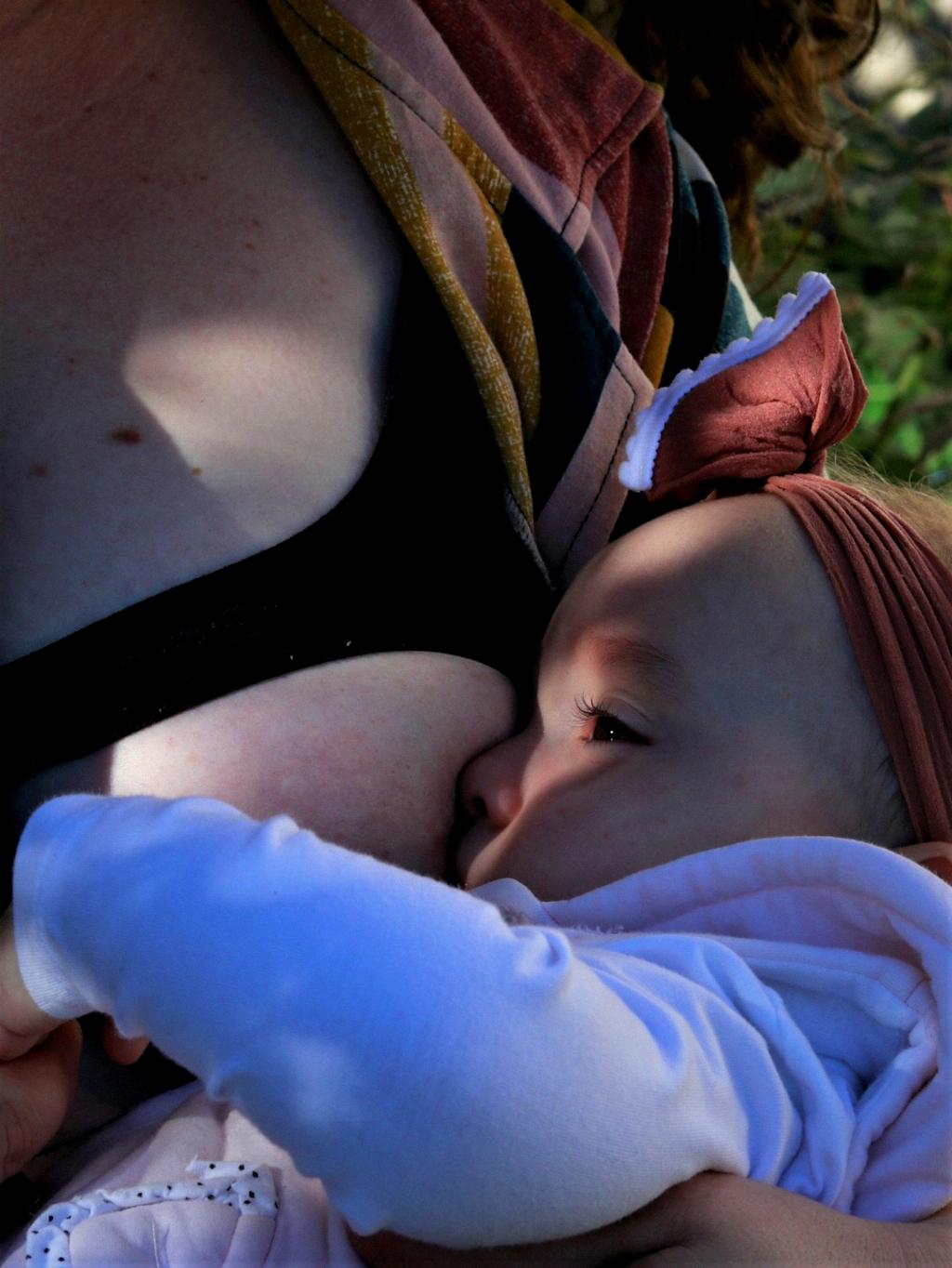When it comes to breastfeeding, a mother’s nutrition is crucial not only for her own health but also for the well-being of her baby. If a breastfeeding mother doesn’t consume enough nutrients, her body is designed to prioritize her baby’s needs by taking essential vitamins and minerals from her own stores to pass them onto her little one through breast milk.
However, if a mother consistently doesn’t eat enough to meet her body’s needs, her own nutrient reserves will start to deplete. Nutrient deficiencies can have a range of negative impacts on both the mother and the baby, affecting energy levels, immune function, and overall health.
One common concern for a mother who is not eating enough while breastfeeding is the potential impact on her milk supply. Breast milk production relies on the mother’s nutritional intake to fuel the process. Insufficient calorie and nutrient intake can lead to a decrease in milk production, making it challenging to provide an adequate amount of breast milk for the baby.
Moreover, when a breastfeeding mother doesn’t consume enough nutrients, her own health can be compromised. Nutrient deficiencies can weaken the immune system, making the mother more susceptible to illnesses and infections. This, in turn, can affect her ability to care for her baby and may lead to a prolonged recovery period.
Not getting enough nutrients while breastfeeding can also have an impact on the baby’s growth and development. If a mother’s diet lacks essential vitamins and minerals, the quality of breast milk may be compromised, depriving the baby of the necessary nutrients for optimal growth. This can potentially lead to developmental delays and health issues in the infant.
Inadequate nutrition can also affect the mother’s energy levels and overall well-being. The demands of breastfeeding already put a significant strain on the mother’s body, and not eating enough can further deplete her energy reserves. This can result in fatigue, weakness, and mood swings, making it challenging for the mother to care for her baby and herself.
Furthermore, a lack of proper nutrition while breastfeeding can impact the mother’s postpartum recovery. The body requires adequate nutrients to heal and repair itself after childbirth. Without a balanced diet, the recovery process can be slower, increasing the risk of complications and prolonging the recovery period for the mother.
It’s essential for breastfeeding mothers to prioritize their own nutrition to ensure their well-being and the health of their baby. Consuming a varied and balanced diet rich in essential nutrients is key to supporting milk production, maintaining energy levels, and promoting overall health during the postpartum period.
Consulting with a healthcare provider or a dietitian can help breastfeeding mothers develop a personalized nutrition plan that meets their individual needs. Incorporating nutrient-dense foods, staying hydrated, and taking any recommended supplements can help mothers ensure they are meeting their nutritional requirements while breastfeeding.
In conclusion, not eating enough while breastfeeding can have significant consequences for both the mother and the baby. Prioritizing nutrition and maintaining a healthy diet are essential for supporting breastfeeding, promoting recovery, and ensuring the well-being of both the mother and the infant.

